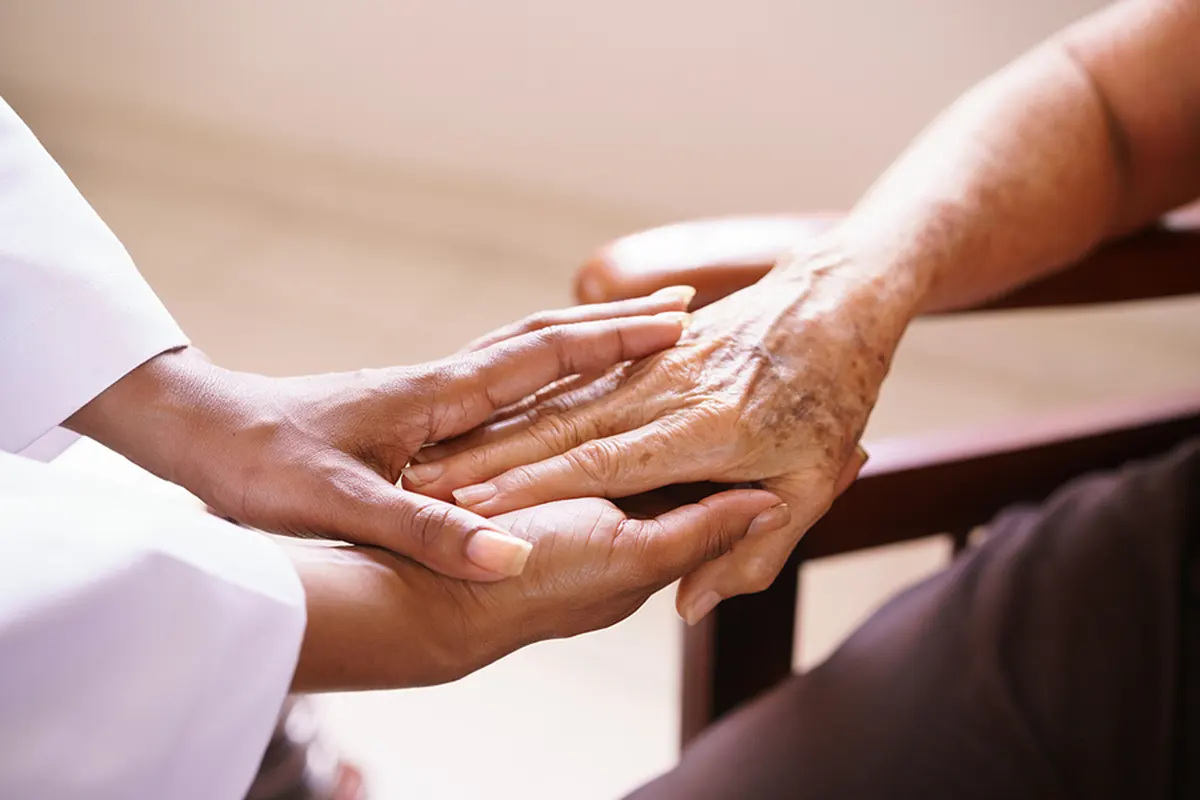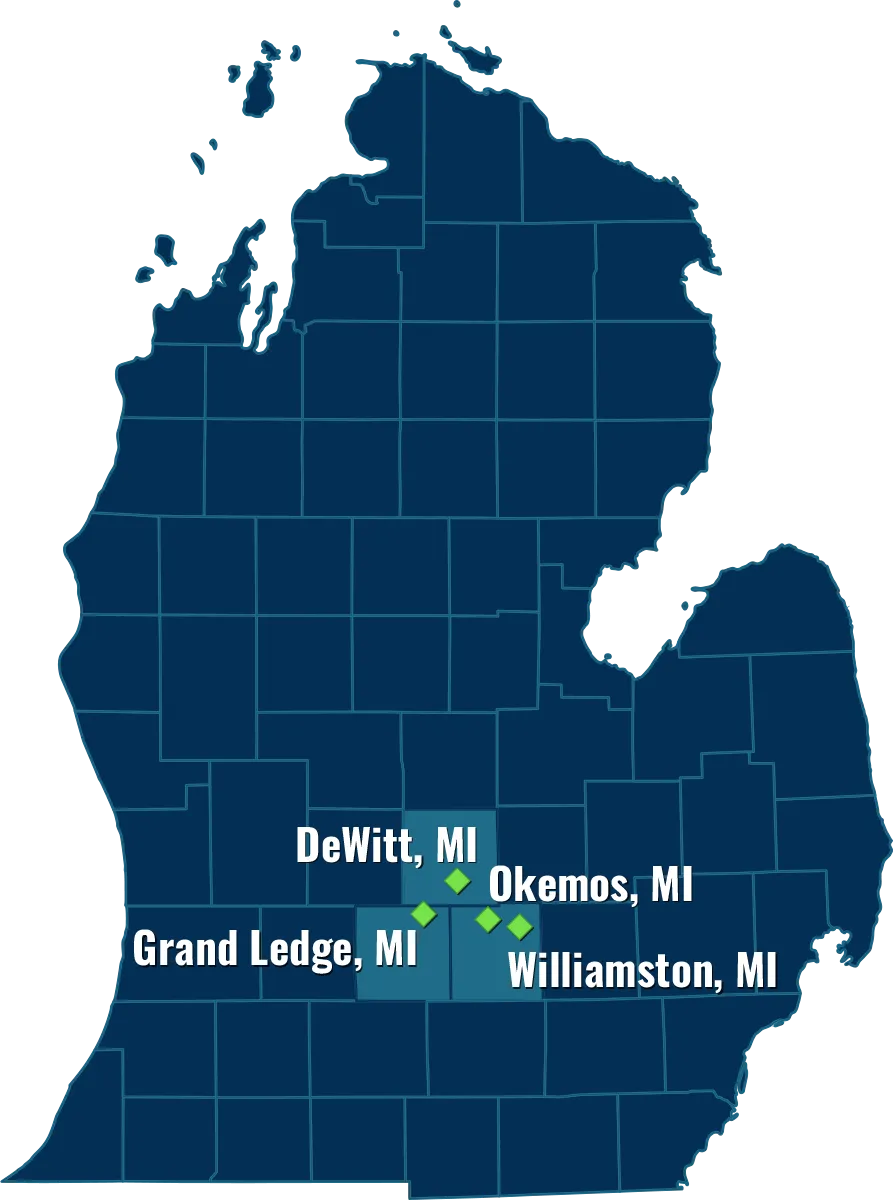Current client? Reach out to us and get directions:
Current client? Reach out to us and get directions:
Guardianship is the legal process by which one individual takes control of another person’s life. A guardian is responsible for taking care of a person who is incapacitated and can no longer make their own decisions. The guardian makes sure the person is safe, healthy, and has all their needs taken care of.
Three different examples of people who need a guardian include:
Recent headlines have been filled with guardianship issues and celebrities, but the real world of guardianship is far less glamorous.

For an elderly person who has become incapacitated because of illness or aging, guardianship is the last resort when no advance planning has been done. Having a Power of Attorney and Healthcare Power of Attorney completed when an estate plan is done can prevent needing to go to court to obtain a guardianship. With these documents, a family member or trusted person can manage the affairs of an incapacitated person. Without them, the family will need to go to court.
Legal guardians by the court and may or may not be a family member. There are people who serve as professional guardians when there is no family member able or willing to serve as a guardian. When a person is declared legally incapacitated, they become the “ward” of the person who becomes their “guardian” or “custodian.”
There are different levels of guardianship, and which one is right for your loved one will depend on their level of competency.
Full guardianship is when the guardian controls every aspect of a person’s life, including where they live, who they socialize with, what medical care they receive and whether or not they attend school, work or are enrolled in an adult daycare program.
Limited guardianship is when the guardian is empowered to make only certain decisions, such as handling finances for a person who can otherwise manage everything else (home, nutrition, getting dressed, etc.) on their own.
“Co-guardianship” means there are two guardians making decisions on the ward’s behalf. This may sound like a good idea, but if two people have different views on the best interest of the ward, it could become problematic.
Guardian ad litem is the term used to refer to a guardian appointed to represent the ward while legal proceedings are underway and not yet concluded.
To apply for guardianship, a physician has to conduct a medical examination and make a statement declaring the person attesting to the person’s mental acuity and physical ability. An application for guardianship is made in court and proceedings take place to confirm the need for guardianship and to gain the court’s approval of the person seeking to become a guardian.
The proposed ward is required to be notified about the application for guardianship. Anyone in the family with legal right to know about the petition is also required to be notified.
A person does not have to agree to the guardianship and may bring their own attorney to prevent the court from assigning guardianship.
Naming someone to serve as the person’s Power of Attorney and Healthcare Power of Attorney is a much easier process, but, when necessary, guardianship is the best solution to a difficult problem.
The roles and responsibilities of the different types of guardians vary depending on the type of guardianship. Typically, the responsibilities of a guardian include making financial, healthcare, and living arrangements for the ward. The guardian must also act in the best interests of the ward and ensure that the ward's needs are met.
For help with guardianship or if you have any additional questions about guardianship, please contact us today.

– Okemos, MI Estate Planning
– DeWitt, MI Estate Planning
– Grand Ledge, MI Estate Planning
– Williamston, MI Estate Planning
